Orbital Debris
With orbital debris we have finally mastered the art of pollution. We will now effectively have to fly through our own litter in order to get into the pristine emptiness of outer space. As an aspiring space faring specie, we must not only find ways to fix our past debris challenges but mitigate our future debris risks as well.
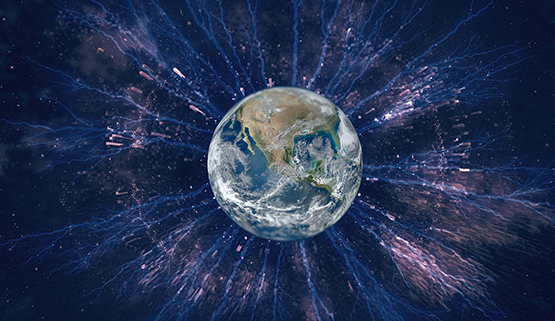

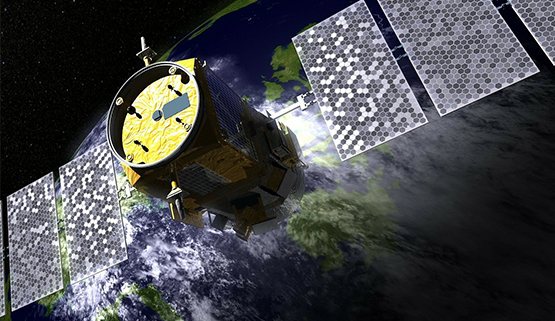

Orbital debris removal sounds great on paper and even better in sound bites. But the reality is far more complicated. The impossibility of full removal is a forgone conclusion. There are a myriad of reasons why this is so, way beyond the technological hurdles. In fact, if technological limitations were the only hurdle, we would already be on our way. The biggest challenge is the human condition. Orbital debris cuts across financial, political, national, and security issues which are the true underpinnings of this quagmire.
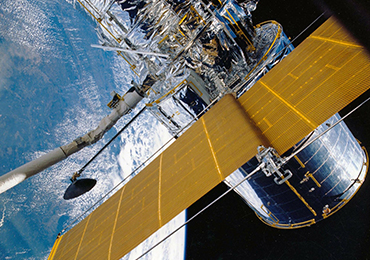

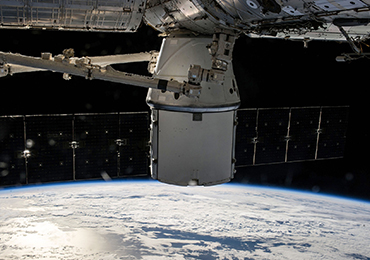

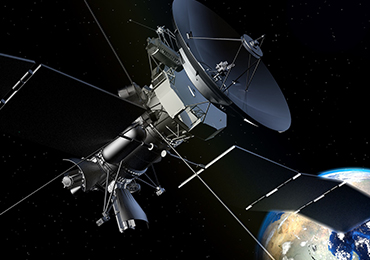

The undertaking for any meaningful removal requires the coordination of many countries. No country alone will want to carry the expense, as it will be vast. The concept of who will pay will lead directly into the political side of this. And as we all know, politics has its own rhythm and rhyme. Getting any form of consensus built around an endeavor that has limited tangible financial results will be close to impossible. The descent into whoever is responsible should be paying will be swift and unapologetic. If the parties most responsible choose to focus their funds and efforts on navigating thru the debris rather than removal, than the entire conversation comes to an end. Nations for a variety of reasons can easily elect to not engage in the entire removal effort.
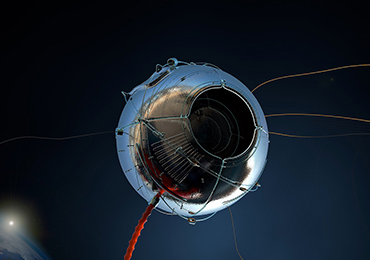

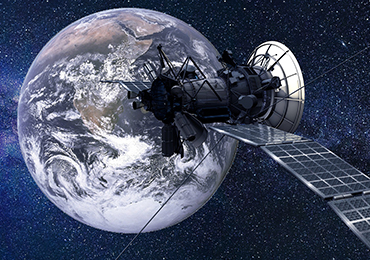

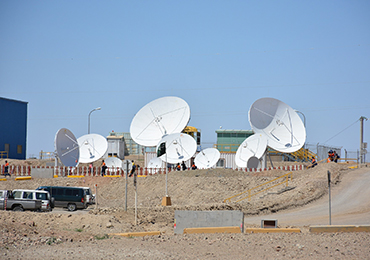

The ultimate challenge is the double edge nature of technology. Like the very first technology humanity harnessed, fire can cook food in the house or burn down the house. From the most basic to the most advanced technology, built to achieve removal goals, will be able to extract debris as well as another nation’s satellites. This will effectively reduce trust in any technology or nation down to zero. We will be walking thru a minefield of high anxiety and low trust. Not a great place for nations to be. Our only way forward will be to treat orbital debris with the same level of respect and seriousness that we assigned nuclear weapons. We will need to walk thru the painful process of building the minimal level of trust that will suffice to achieve our common goals. It will not be easy nor swift. It may take decades. But with sufficient focus and many mutually agreed upon treaties we may be able to see the light at the end of the tunnel
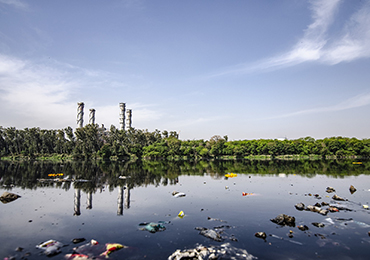

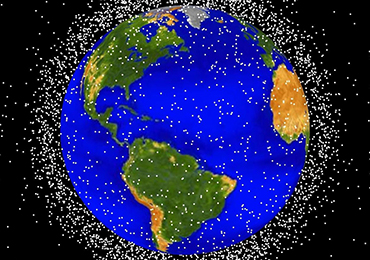

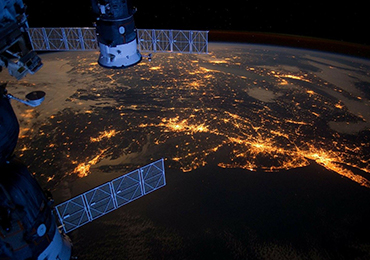

As the space economy grows and becomes more valuable to earth, the painful steps will have to be walked. We will take them out of foresight or sadly come together after tragedies. Either way, we will have to eventually take a seat at this table to build agreed upon strategies, technologies, and most important trust, in order to achieve our common goals. The longer we delay the more painful the process will be. Hopefully we will all engage with each other in meaningful dialogue and let our foresight lead our way before we let tragedies be our guide.
